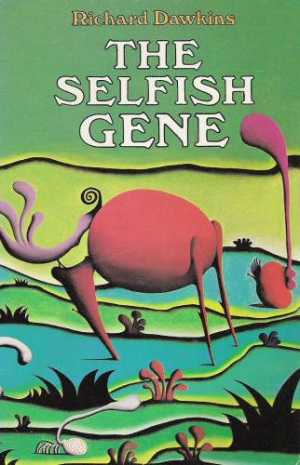
Today the “Selfish Gene” turns 40 years old. It’s a book written in 1976 by Richard Dawkins and explains the theory of evolution. Some scientists say it’s still relevant to this day and, of course, Dawkins is among them. He says “as long as we study life, it will be read.”
A selfish gene means that, the more you are genetically similar with your mate, the more likely you are to behave selflessly with each other.
In other words, your genes are striving for immortality. You as an individual, your family, and your tribes, are just a consequence of that goal.
This theory surmises that any action you take is ultimately a self-serving step to pass on your genetic makeup to the next generation. According to this theory, the struggle for survival doesn’t take place at the level of creatures, humans, or animals, as we might think. Instead, survival and competition takes place at the level of genes and alleles.
The popular thinking at the time was that natural selection involved a creature, family, or an entire species. On the contrary, Dawkins suggested that the gene itself is trying to survive, and a creature, family, or species just so happened to be the most optimal path successive generations.
Is it selfish to be kind to others?
Using some advanced math and computer simulations, Dawkins demonstrates how individuals are acting selfishly when they avoid confrontation in groups. It’s actually a survival tactic to not compete with others for food or mating rights. Attacking others is a risk; you could become injured, or simply waste time. It’s smarter (and safer) to attack only when necessary. This might explain why family members often show kindness and share resources. In The Selfish Gene, Dawkins provides mathematical formulas to calculate how many genes your family members (of your species) might share.

source: wikipedia.org
Despite the overwhelming success the book has had, Dawkins has said that the book’s title “might give an inadequate impression of its contents” and thought a better name would be “The Immortal Gene.”

